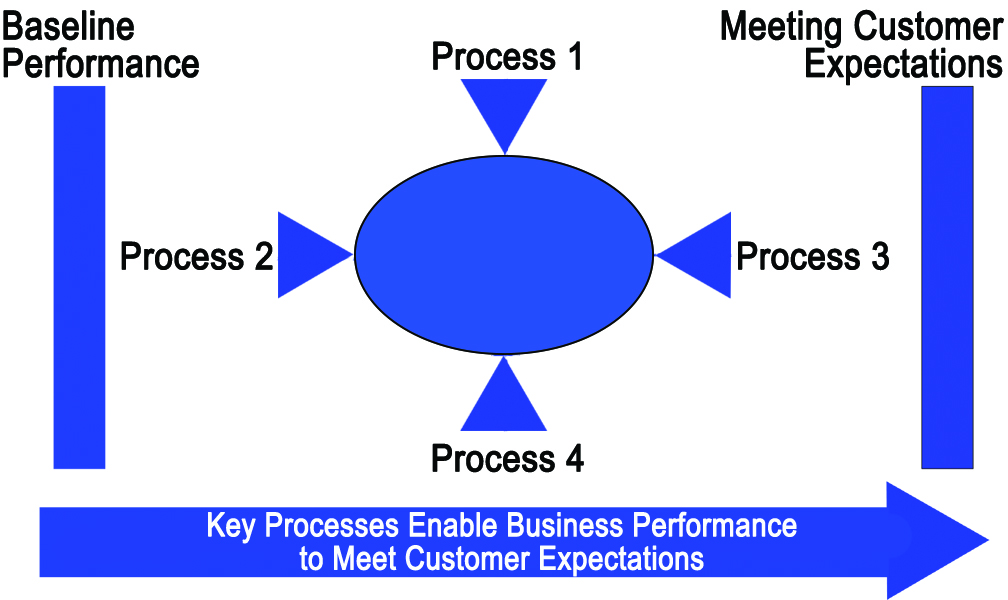Robin Royals, President, RC Royals & Associates, LLC
Why Is Process My Passion?
As a young athlete and future college quarterback, I discovered that I improved with more practice. At first, I was ineffective in my ability to throw the football accurately. I needed to control it to make it easy for someone to catch. I found out that by doing the same thing “over and over” again, that not only did I improve, but it became much easier.
During my time spent as an auditor with an international accounting firm, we would create a flow chart of operations within a department of a client. The client’s employees would explain their job responsibilities, making them sound highly complicated and complex. These employees were viewed as being subject matter experts and highly valued within the organization. Once that mapping exercise was complete, it was clear that many of these jobs were straightforward, and in many cases, someone with less experience could accomplish these jobs and be compensated at a much lower level. Today, this is known as process mapping.
From that point on, I became committed to taking the mystery out of understanding processes. Is everything that we do in our lives important? No. Then why do we view every process in our business as being critically important?
What Is Process?
Think about the repetitive activities in your business. These redundant activities are considered processes. Your ability to do them well and efficiently is often the difference between success and failure. Suppose your company handles thousands of similar transactions every day, every month, and every year. Shaving a few seconds off the handling time of each transaction could save the company a significant amount of money.
Why Are All Processes Not Equal?
Every business is organized into front-office and back-office activities.
- Front Office: Customer-facing employees (such as the marketing, sales, and service department) who are responsible for generating the bulk of revenues.
- Back Office: Administrative assistants, human resources staff, and accounting staff.
For example, consider the accounts payable process, a back-office activity. Every business must mail out invoices to get paid. If a company has the best accounts payable process imaginable, would that make your company the best in your industry? No. When was the last time a customer called your business about how beautiful your invoice looked, that the information on that invoice was correct, and they received it on time? Ridiculous, right?
The key is to determine the processes in your business that matter most because only a vital few make a real difference. It begins with understanding what your ‘secret sauce’ is, or identifying what attributes of your product or service separate you from your competitors and what core competencies make that separation possible.
What Processes Matter Most?
The most critical processes in your business are those that enable you to meet your customer expectations. For example, if your customer wants their kitchen remodel to be completed in 90 days (as promised by your company), failure to do so drives customer dissatisfaction, a bad customer review, and loss of future business. The process failure must be addressed and improved, or your business will not be around for long.

Call to Action
Repetition doesn’t always maximize our performance. As a young athlete, when I practiced without any coaching, I did improve but reaching my full potential had limitations. The difference between those who excel is often learning the proper technique through coaching, training, and instruction. Without a formal coaching or training program that focuses on the vital few processes, your efforts will only lead to continual inefficiencies in your company.
If you struggle with understanding what matters in your business or want to improve your profitability and customer satisfaction, please contact me at Robin Royals, RC Royals & Associates, LLC, www.robinroyals.com, (913) 963-3848.

